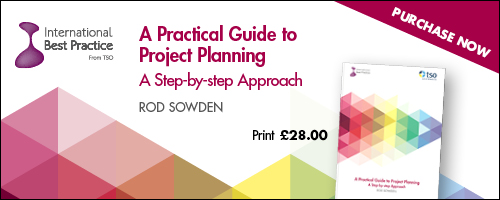Getting change management to “bite” is really tough, all the training in the world will not make it happen without providing the energy to gain momentum. This is an area that we have specialised in and delivered on a number of occasions for clients.
One from our archives, but in this case study from 2014, we gained one of the prestigious TJ Awards awards for the management training and development programme at Cheshire West and Chester Council.
The Aspire Academy team who delivered the assignment were Robert Cole and David King.
We designed and implemented an approach that pulled together a disparate group of change people across a number of sites into a coherent and functioning organisation.


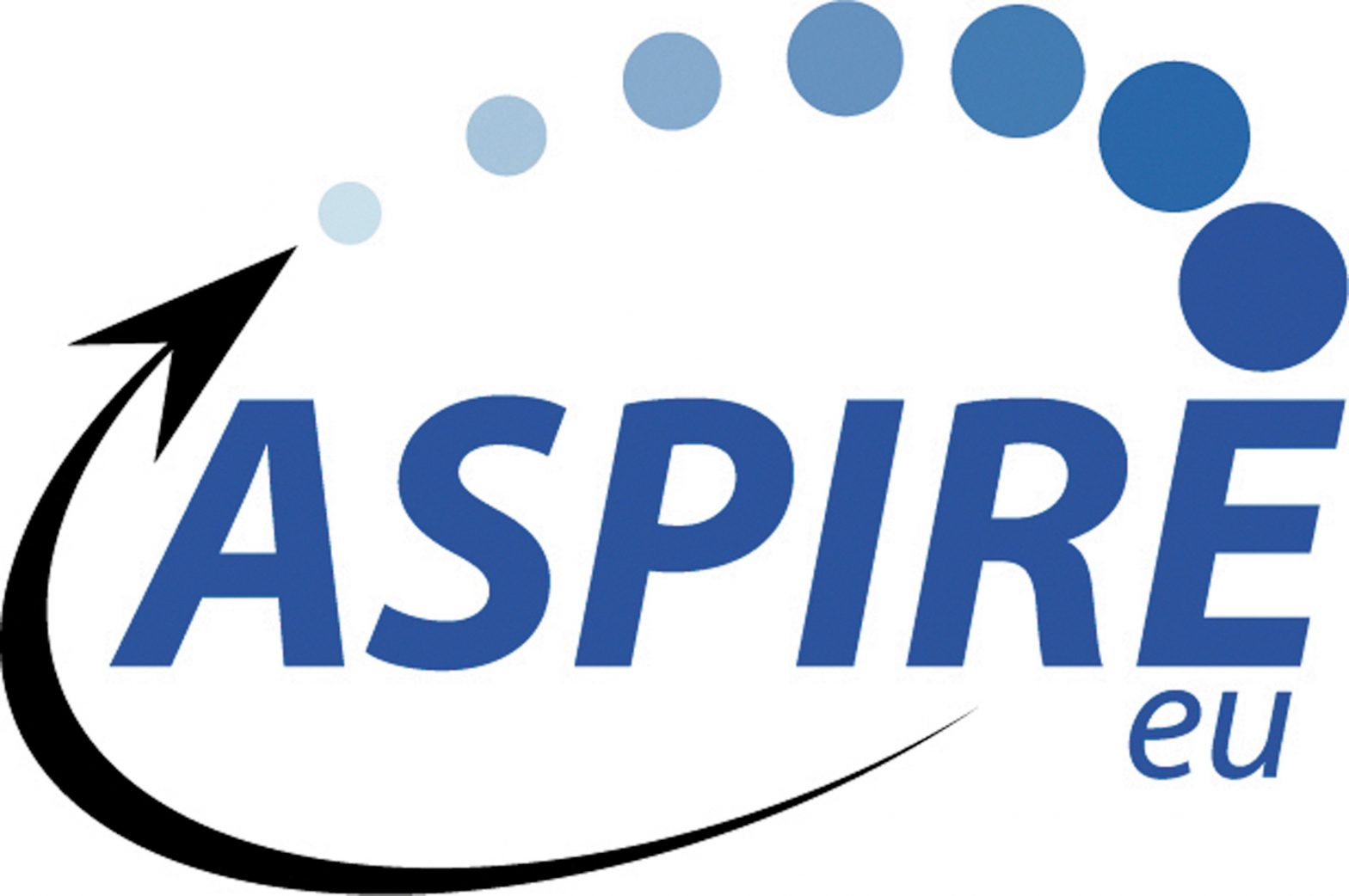

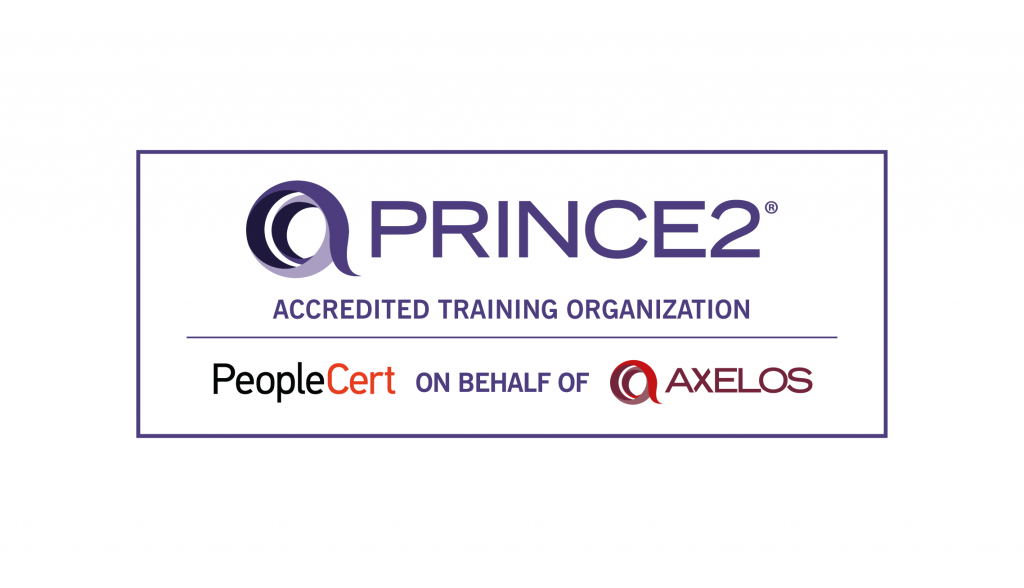

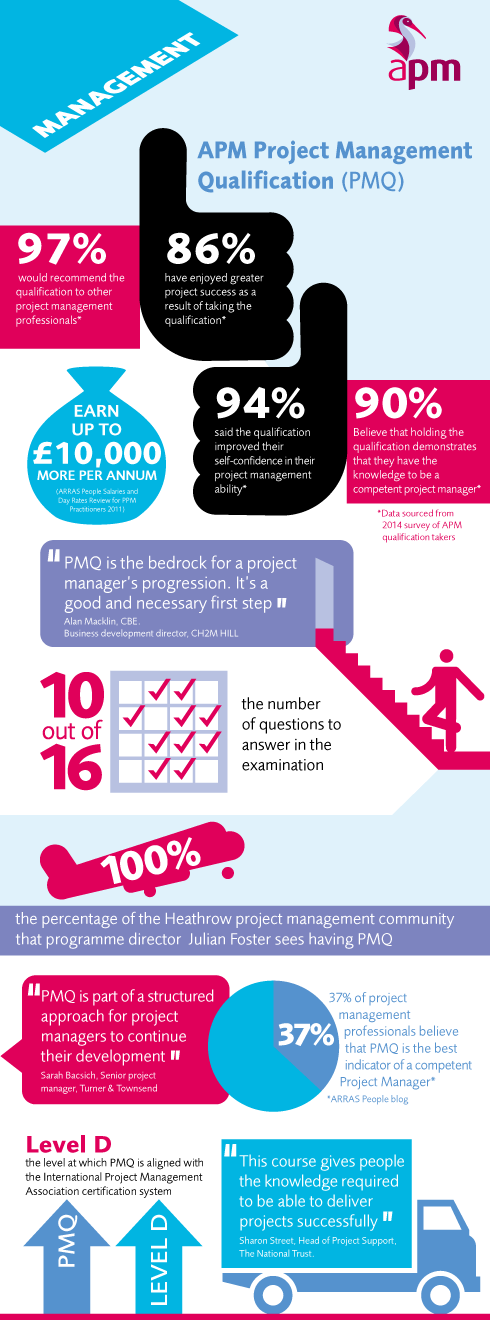

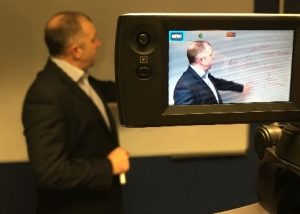
 Over the last year or two we have reviewed a number of programmes and projects that are using an “agile” approach. There are a number of common problems which have come to light that should be of interest to any organisation setting out on an agile endeavour for the first time.
Over the last year or two we have reviewed a number of programmes and projects that are using an “agile” approach. There are a number of common problems which have come to light that should be of interest to any organisation setting out on an agile endeavour for the first time.